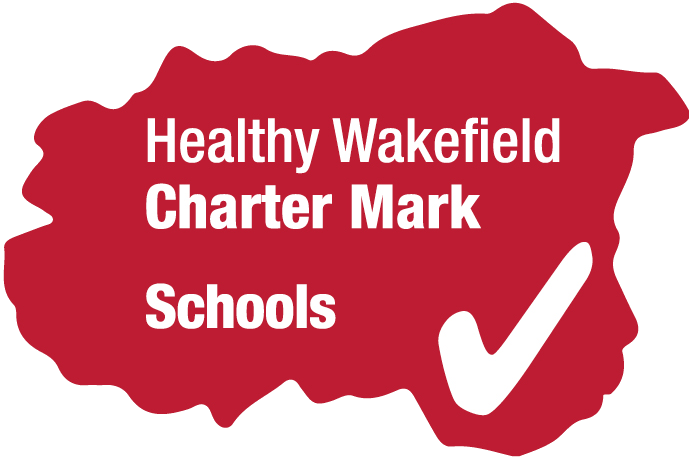Mathematics
Maths
Maths at St James
Mathematics develops children’s ability to calculate, reason and solve problems to make them ready for their futures. At St James, we aim to encourage children to:
solve real life problems in a variety of ways
express and explain their preferred approach
learn to question, prove and trial different methods.
Understand that there might not always be one answer
Find alternative ways to solve problems.
Articulate and communicate their thinking and approach
Challenge other’s methods.
Have the resilience when faced with problems.
Make connections to their prior learning and build upon it to make new connections to their wider world.
We use the White Rose Maths Hub to inform our planning and use same day marking known as 'Take 10' for all maths sessions. We believe that marking in mathematics, and indeed all subjects, provides effective impact upon learning when it is done at the time - beyond that it becomes a tick box exercise. Our children use marking stations to assist their own reflections and progress within lesson.
The Teaching Routine
We have a consistent routine with teaching mathematics from Reception to Year 6. We use an "I do, We do, Fluency, Reasoning and Problem Solving" approach
I Do = the teacher models how to answer questions, using strategies.
We Do = the children are given the same style of questions which have been modelled in "I do". This is an assessment opportunity to see which children are ready to go onto independent work and which children require further support.
The children will then begin their independent work
Fluency: Children will continue their learning answering 4 to 6 more questions
Reasoning and Problem Solving: Children will have 8 Reasoning and Problem Solving questions to answer, using their knowledge and explaining their answer (as well as how they got that answer)
At the end of the lesson, there will be a class Reasoning and Problem Solving activity.
Values Across the Curriculum
During Maths lessons pupils take part in group and partner work, which supports our value of koinonia, working together to achieve a shared goal - finding the answer to questions and solving problems. Pupils listen carefully to the teacher, as well as to each other, and support each other when solving problems or when they are stuck, which fosters mutual respect. Children also complete work individually and they have to trust in their own abilities.
Calculation Policy
Please click here to find a copy of our Calculation Policy. It contains the methods taught in school from Reception to Year 6. Although each calculation is split into year groups, children's prior learning and ability will be taken into consideration.
Key Instant Recall Facts (KIRFs)
KIRFS are the "Key Instant Recall Facts" that children need to secure during their primary years. They include facts such as number bonds and times tables. They are particularly useful when calculating, adding, subtracting, multiplying and dividing but also underpin many other areas of mathematics. For example, in order to find equivalent fractions in Year 6, children need to be able to rapidly recall their knowledge of common multiples (numbers in particular times tables). When children have quick access to a bank of facts, which incur little cost to the working memory, they have more capacity to think about more complex problems that draw on these facts. We have noticed without regular rehearsal, these facts are forgotten so it is essential they are practised regularly and embedded in the children's long-term memory so they can be recalled quickly and accurately.
Maths Methods
Reception and Year 1 - Addition Methods
Reception and Year 1 - Subtraction Methods
Year 2 - Addition Methods
Year 2 - Subtraction Methods
Year 2 - Multiplication Methods
Year 2 - Division Methods
Year 3 - Addition and Subtraction Methods
Year 3 - Multiplication Methods
Year 3 - Division Methods
UKS2 - Addition Methods
UKS2 - Division



